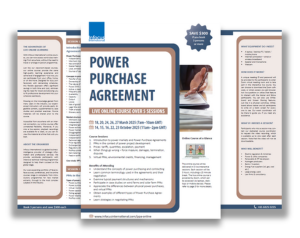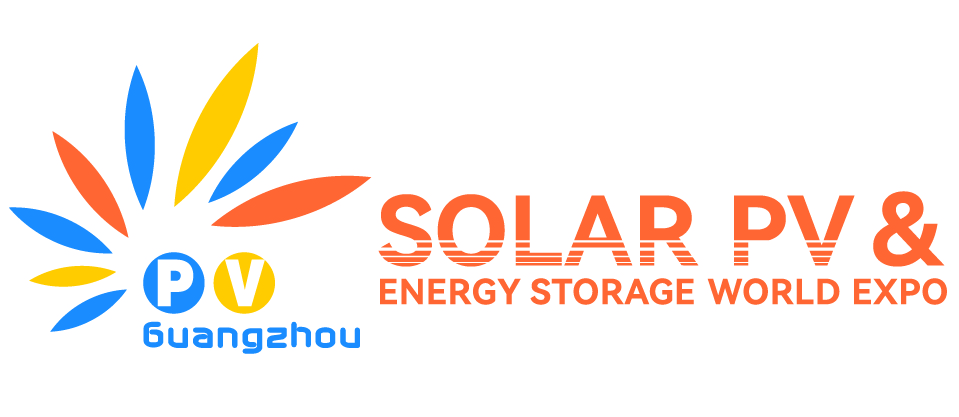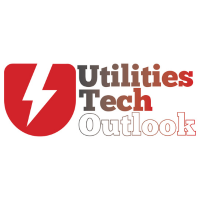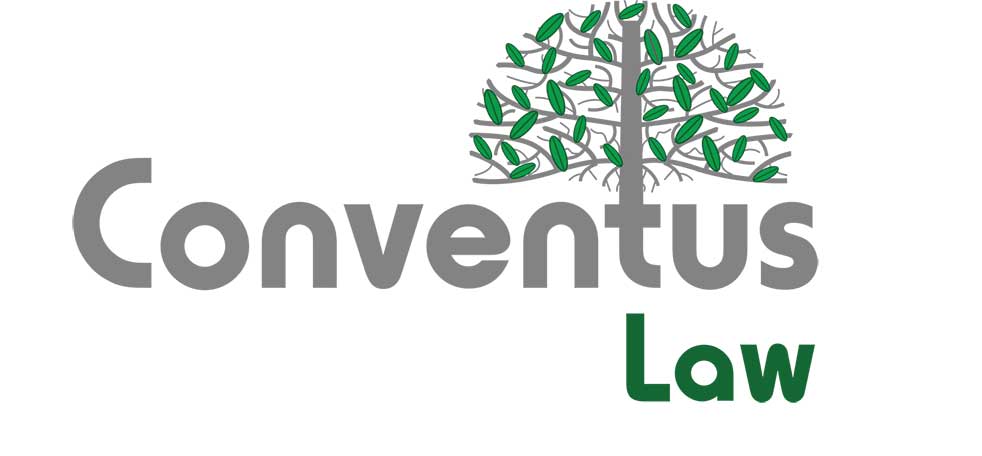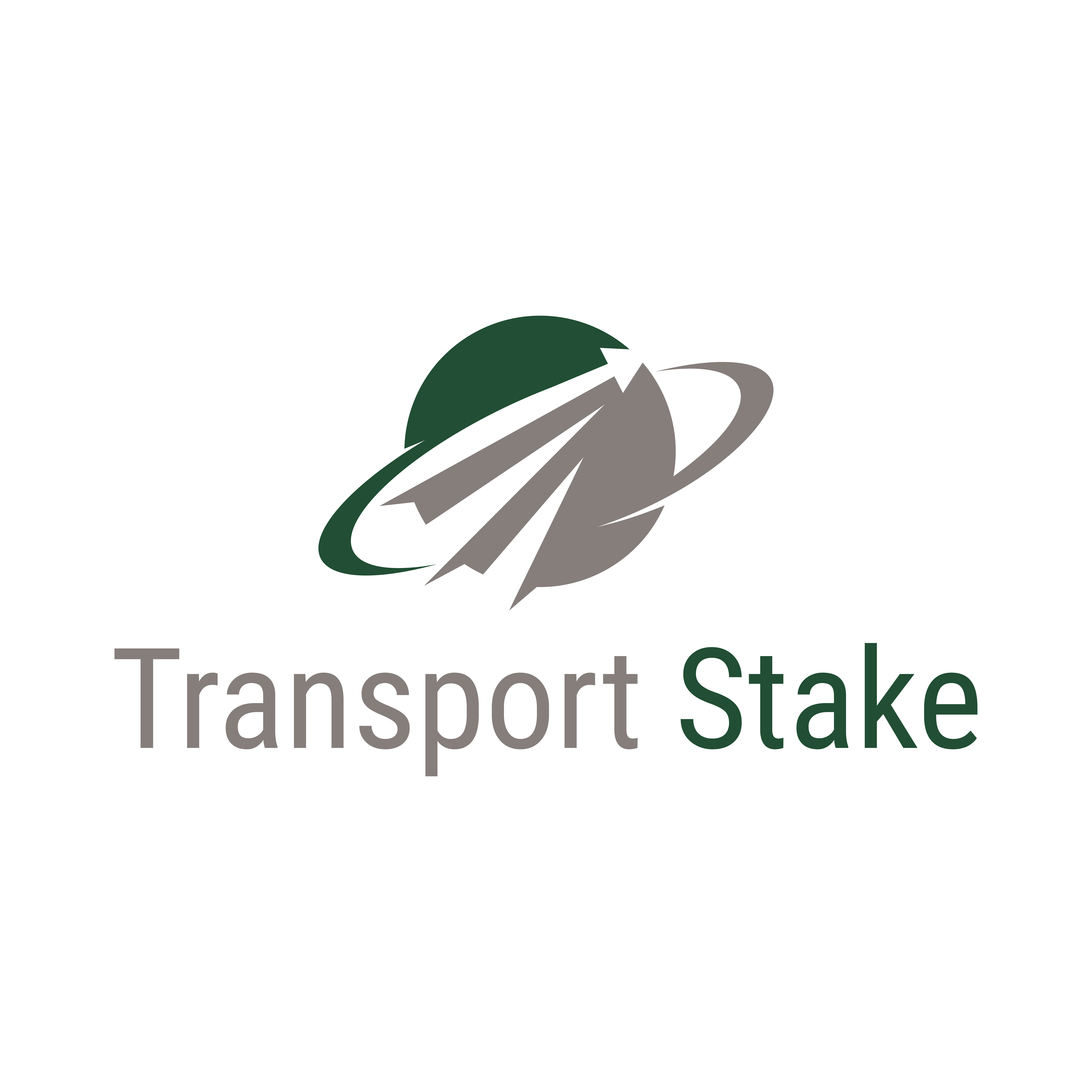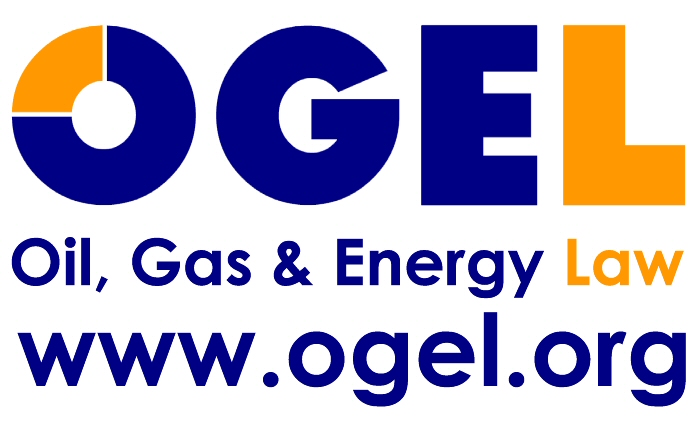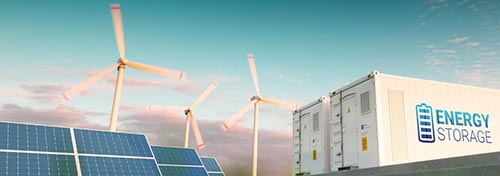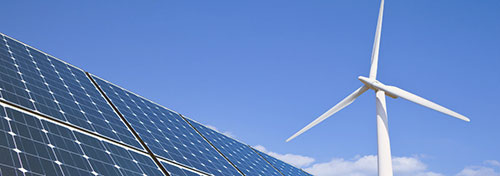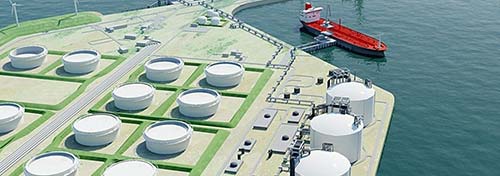Power Purchase Agreement (Online Course)
WHEN
Option 1: 10, 11, 12, 16, 17 March 2026
Option 2: 20, 21, 22, 27, 29 October 2026
WHERE
Live Online Course
Overview
Power Purchase Agreements (PPAs) operate in many different contexts. They can be used to support the development of new projects, or for the supply of energy from existing projects. They can be written by independent power producers, governments or utilities. They can operate in regions with sophisticated power exchanges and markets, and they can also operate in developing countries with a single buyer and a centralized monopoly power utility. In the sessions of this course, we cover each of these contexts.
In this course of 15 modules, delivered over 5 sessions, we firstly cover the fundamentals of power purchasing and important concepts that you need to understand to read, write and negotiate PPAs. After tackling the fundamentals, we examine specific components of the agreements, and focus on those most commonly the subject of negotiation between power producers and power customers. We also look at how the PPA fits into the web of contracts relating to a power development project, and the interaction between the PPA and other contracts.
The course will cover both legal and commercial aspects of the PPA, and will include specific examples of PPAs for solar farms, wind farms, rooftop solar PV projects, Contracts for Difference, virtual PPAs, corporate PPAs and renewable energy credit purchasing.
Benefits of Attending
- Understand the concepts of power purchasing and contracting
- Learn common terminology used in the agreements and their negotiation
- Examine typical payment structures and mechanisms
- Participate in case studies on wind farms and solar farm PPAs
- Appreciate the differences between physical power purchases, and virtual PPAs
- Obtain examples of different types of Power Purchase Agreements
- Learn strategies in negotiating PPAs
Live Online Course – How It Works
The structure of our virtual learning program is designed to keep the same levels of engagement and networking as our on-site public courses. Course content is delivered through our easy-to-use online learning platform and is supplemented by case studies and practical exercises.
Like our classroom-based public courses, you will have live interaction with our course facilitators and other participants. Our live online courses are led by our experienced instructors, who will provide you with easily digestible content, using knowledge learned from many years in the industry, during scheduled times. Delegates will receive copies of the course materials electronically.
This course is scheduled to take place over 5 live online sessions using virtual learning technology.
Course Agenda
Session 1: 10 March 2026, 7am – 10am GMT | 20 October 2026, 10am – 1pm GMT
Introduction to Power Markets and Power Purchase Agreements (PPAs)
- Power Purchase Agreement concepts
- Concepts in power purchasing and trading
- Market structures
- Case study: IPP solar farm
Session 2: 11 March 2026, 7am – 10am GMT | 21 October 2026, 10am – 1pm GMT
PPAs in the Context of Power Project Development
- Types of power purchase agreements
- Parties and project contract mix
- Project structures and timeline
- Case study: Rooftop PPAs – commercial and industrial
Session 3: 12 March 2026, 7am – 10am GMT | 22 October 2026, 10am – 1pm GMT
Prices: Tariffs, Quantities, Escalation, Payment
- Quantities and delivery
- Contract price
- Outages, metering, invoices
- Case studies: battery storage and pumped hydro
Session 4: 16 March 2026, 7am – 10am GMT | 27 October 2026, 10am – 1pm GMT
When Things Go Wrong – Force Majeure, Damages, Termination, Disputes
- Case study – force majeure clauses
- Default and termination
- Dispute resolution
- Case study: Power plant explosion and fire
Session 5: 17 March 2026, 7am – 10am GMT | 29 October 2026, 10am – 1pm GMT
Virtual PPAs, Environmental Credits, Financing, Management
- Vitrual PPAs and environmental credits
- Project finance issues
- PPA negotiation and contract management
- Case study: Sleeved wind farm corporate PPA
Training Methodology
Throughout the course the course director combines theoretical aspects with real life case studies, actual PPA contract samples, pricing and the specific risks and their mitigation methods. The live online course at all times remains interactive with full participation from all the participants.

Pre-Course Questionnaire
We would like to customise the workshop based on your specific needs. Pre-Course Questionnaire will be sent prior to the workshop for analyse in advance and to be addressed during the course.

Course Certificate
Upon the successful completion of this course, you will receive a Certificate of Completion bearing the signatures from both the Course Director and the Course Organiser. This Certificate will testify your endeavour and serve towards your professional advancement.
Who Will Attend
- Electric regulators & ministries
- Power & utility companies
- Renewable & IPP developers
- Hydrogen producers
- Banks / Investors
- Energy fuel suppliers (oil, gas, coal etc.)
- Large energy users
- Law firms & consultancy
You Might Also Be Interested In
Electricity Economics in Changing Electricity Markets (Online Course)
The new economics of power markets in a low-carbon world
Option 1: 20 – 23 April 2026
Option 2: 16 – 19 November 2026
Energy Storage (Online Course)
A business-focused assessment of energy storage opportunities, competing solutions and project delivery essentials
Option 1: 6, 7, 12, 13 May 2026
Option 2: 3, 4, 9, 10 December 2026
EPC Contracts for Energy Industry (Online Course)
A comprehensive analysis of EPC contracts and of the key considerations in projects and disputes where such contracts are used
Option 1: 17, 18, 22, 23, 25 June 2026
Option 2: 12, 16, 17, 18, 19 November 2026
Mastering Solar Power (Online Course)
Building solar power into clean, modern & flexible power systems
Dates: 29 June – 3 July 2026
Renewable Energy Power Purchase Agreements (Online Course)
Practical models and techniques for analyzing & structuring, drafting, and negotiating Renewable Energy PPAs for bankable green investments in today’s competitive energy markets
Dates: 7, 8, 9, 15, 16 July 2026
Gas & LNG Markets, Contracts and Pricing (Online Course)
A comprehensive all-in-one course addressing all key elements for successful gas & LNG business strategies




